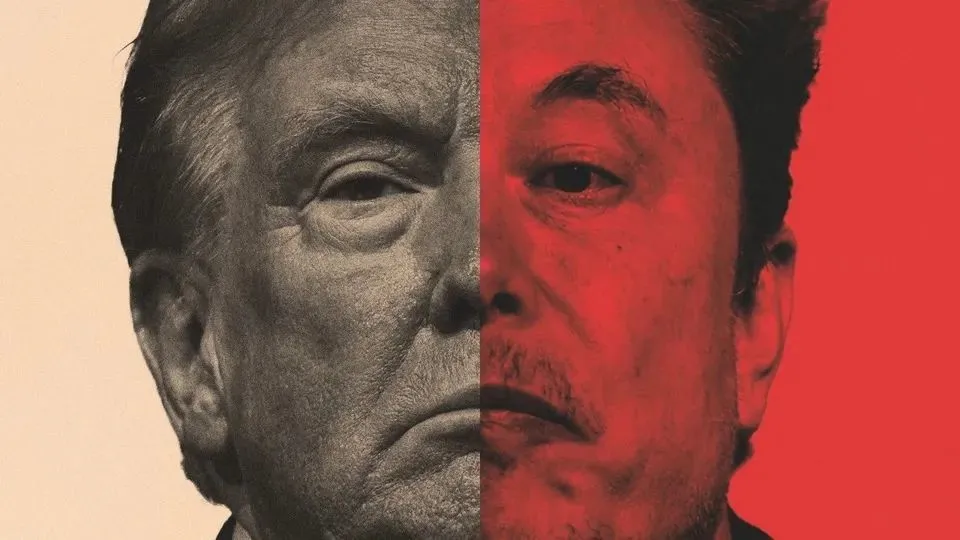
The 2024 race is in its final stretch. Elon Musk announced on October 19 that he would give away $1m a day to one Swing state voter from that day until polling day on November 5. According to statistics, Musk has already splashed out $75 million. Aside from the desire to grow his personal wealth, what other hidden ambitions lay behind Musk’s bet on Trump? Will the high degree of convergence of Tech Titans and political power bring about a sea change in the American political system? On October 19th The Atlantic ran an in-depth article, “What exactly does musk want?”, to analyse the issues. The full text of Phoenix great reference is compiled and translated for professional reference.
Core summary
1. The article argues that musk mobilised a lot of manpower and financial resources to personally support Donald Trump’s campaign because he wanted to take advantage of the opportunity to participate in and benefit from government decision-making. Donald Trump had explicitly invited Elon Musk to take on the role of “Chief Engineer” in government, redesigning the US state system in his own image and thus achieving the ultimate techno-authoritarian. Such a high degree of convergence of technology giants and political power would be disruptive to American politics.
2. Elon Musk thought Donald Trump was the perfect candidate for his economic interests because Donald Trump didn’t care about any rules. Musk, who has made huge profits through companies such as SpaceX and Tesla on government contracts, sees Donald Trump as a key figure in further expanding government privatisations. Donald Trump has planned to appoint Elon Musk to head the government’s efficiency committee to create more profit opportunities for his company.
3. Musk’s political ambitions represent the pinnacle of Silicon Valley’s quest for monopoly and Social Darwinism, a belief that genius should hold the most power and a disdain for limiting it. Musk has consolidated his position through government contracts, particularly in the area of national security. Musk’s approach will dominate government decisions on artificial intelligence and commercialization of space.